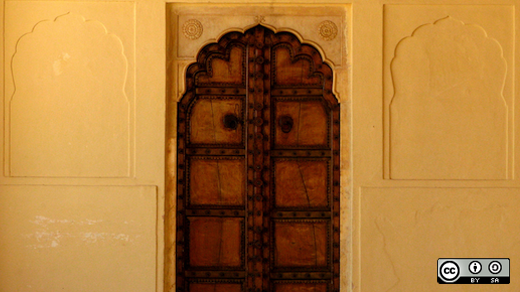It's taken me months to approach this article. It was going to be about the day-to-day life of tenure-track faculty. But, in the end, I can't write it. I've started this article a half-dozen times in the past few months, and writing about the day-to-day life of the faculty is not something I can do right now.
So, I'll do you one better: you're reading opensource.com. You have a reason for that... perhaps you've forgotten it was in your RSS reader, or perhaps you drink up everything here with a passion. Regardless, my guess is that you're a user of, advocate for, or contributor to open software or some kind of open community.
What do you want to know about the lives of faculty? More specifically, what questions do you have about the intersection between open source and higher education? I'll do my best to answer your question in the context of someone who is in the early stages of their career in higher ed.
To get you started, I've selected a few articles from around the 'net. They provide some context for what things are like for faculty in higher ed, but by no means do they tell the whole story.
- A little perspective on tenure
- How I stayed sane during the tenure process
- Everything changes and nothing changes: life after tenure
- Women, academia, and tenure
- Open letter to 2010-2011's first-time tenure-track professors
Ask away, and I (and others in the community) will do our best to try and provide some perspective on what life is like for a member of the faculty in higher education.
I'll close this series with some thoughts about innovation in higher ed, and the challenges faculty face when trying to dive into integrating open source in their classrooms. (Or, I won't. We'll see where the muse strikes next...)







1 Comment